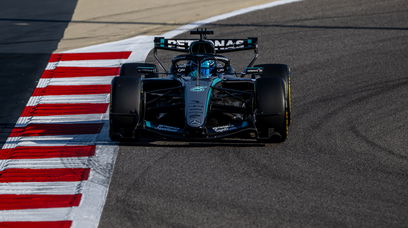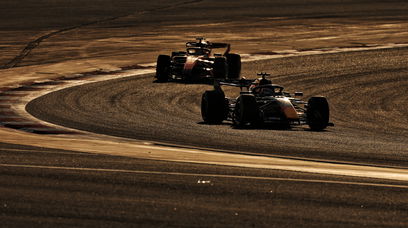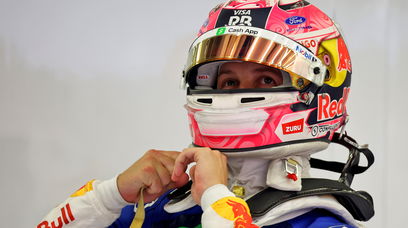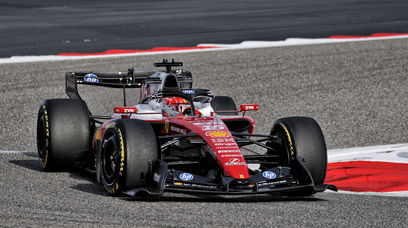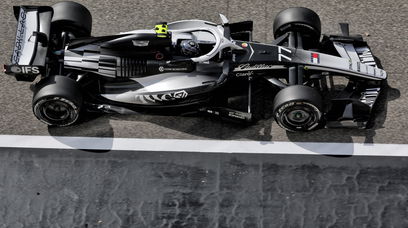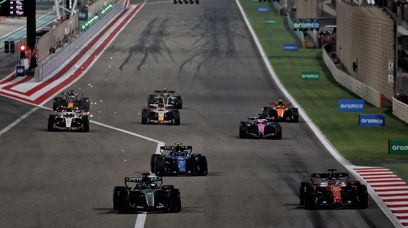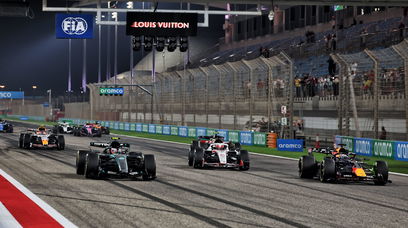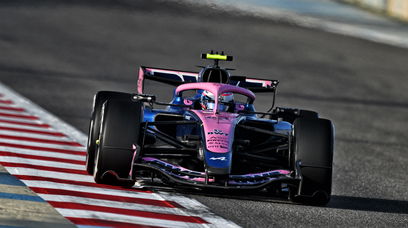DAF, we know the company today as a major manufacturer of trucks, as the pride of Eindhoven. You might not quickly link DAF to Formula 1, but then you undoubtedly have not been to the DAF museum in recent years. DAF, the company we know today as a major manufacturer of trucks, may not be an obvious company when you think of F1, yet one invention taken on by a team in the early 1990s was so strong it was swiftly banned by the FIA. The Dutch company also made passenger cars in the past which were equipped with a "witty little gearbox," or automatic gearbox with a belt transmission. In 1993, Williams - which had won the championship a year prior with Nigal Mansell - tested a substantially advanced version of that system, called CVT [Continuously Variable Transmission]. They found a metal belt strong enough to withstand the forces of an F1 car. Instead of the driver - in this case then-test driver David Coulthard - having to upshift, everything was controlled entirely by sensors. Gears in the gearbox were a thing of the past. Instead, the belt lay across two opposing pulleys. These were conical pulleys and moved to and from each other, increasing or decreasing the circumference of the part over which the belt lay. Thus the gear ratios were always determined in the moment. This was seamless and so there was no longer any need for the driver to shift up or down. The immediate result: fewer movements and shocks in the car due to the start-stop nature of a conventional gearbox and a totally different sound - after all, revs no longer dropped. Indeed, one drove at the optimum speed at all times.
FIA put a stop to it
During the test, the Dutch Van Doorne Transmission oversaw the proceedings and reportedly everything went smoothly. It was estimated that a car equipped with the CVT system could be at least a second per lap faster - perhaps several seconds per lap. When the FIA looked into it, however, that fairy tale quickly came to an end. The regulations stated that an F1 car could have four to seven gears. How many did the CVT car have? One all-encompassing gear? Infinite gears correct? To remove all doubt, the FIA called CVT by its name but very deliberately. The system was banned. Until recently, that Williams car was on display at the DAF Museum in Eindhoven but recently Williams picked it up and returned it to England. View an in-depth video about DAF's CVT transmission below.
P0lWdUXwVJs
Most read

